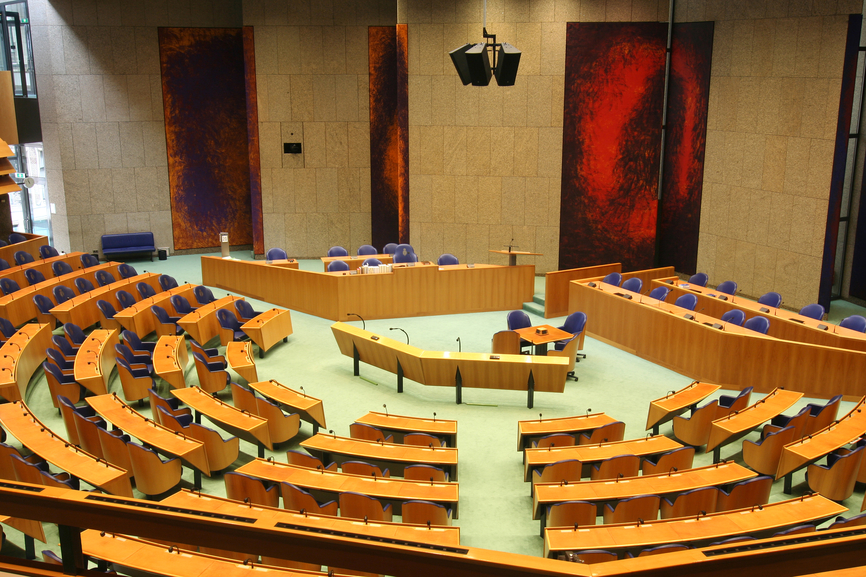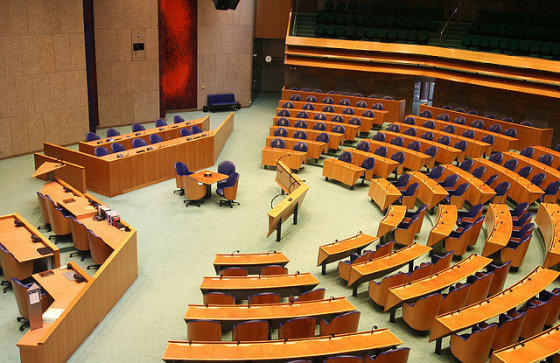Government under pressure to recognise Armenian genocide ‘at last’


The Dutch government is coming under renewed pressure to recognise the mass slaughter of Armenians by the Ottoman Empire in the early 20th century as an act of genocide.
Parliament will debate a motion on Thursday that calls on the cabinet to drop the qualified term ‘the question of the Armenian genocide’ when referring to the killing of up to 1.5 million between 1915 and 1917.
The motion, proposed by ChristenUnie MP Joël Voordewind, has the support of the former coalition parties VVD, CDA and the CU itself, as well as Geert Wilders’s PVV party, the Socialists (SP), GroenLinks, the Animal Rights Party (PvdD), 50Plus, Forum voor Democratie and two independents – comfortably enough for a majority.
Three years ago parliament passed a motion to recognise the Armenian genocide, but the cabinet declined to adopt the term. The then deputy prime minister, Labour’s Lodewijk Asscher, argued it was ‘unhelpful’ for governments to make judgments on international law.
‘There are people living in the Netherlands with a family history that this touches on,’ he said.
In the same year junior finance minister Menno Snel represented the Dutch government for the first time at the ceremony in Yerevan to commemorate the victims.
Turkey has always refused to define the mass murder as genocide and the Dutch parliament drew an angry response from Ankara, which accused the Netherlands of hypocrisy because it ‘looked the other way’ during the genocide at Srebrenica in 1995.
The proponents of the new motion say recognising the genocide is an important step towards reconciliation and preventing future atrocities. ‘That’s why it is of great importance first of all that countries speak up clearly. A large majority of the chamber is calling on the Dutch government to finally do this,’ Voordewind told NOS.
Thank you for donating to DutchNews.nl.
We could not provide the Dutch News service, and keep it free of charge, without the generous support of our readers. Your donations allow us to report on issues you tell us matter, and provide you with a summary of the most important Dutch news each day.
Make a donation